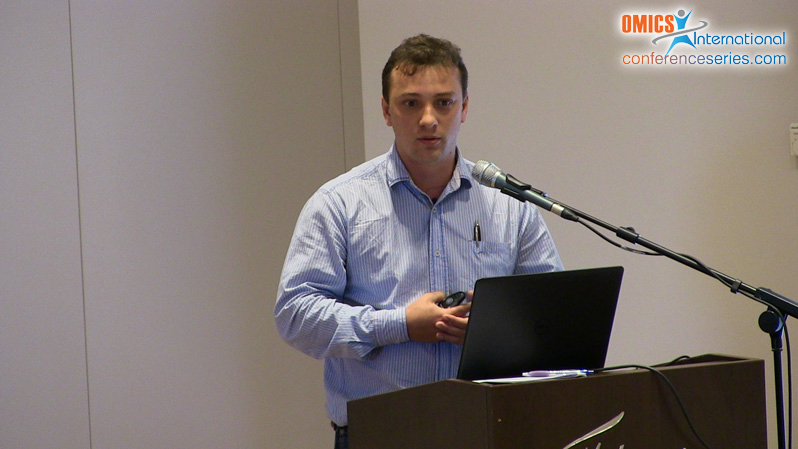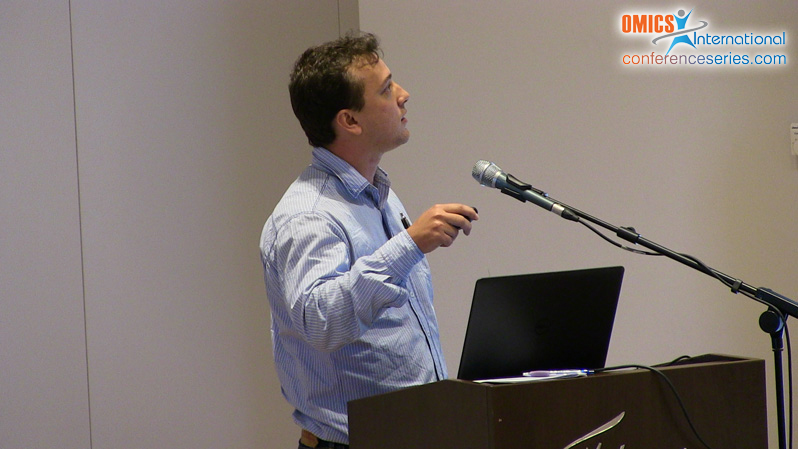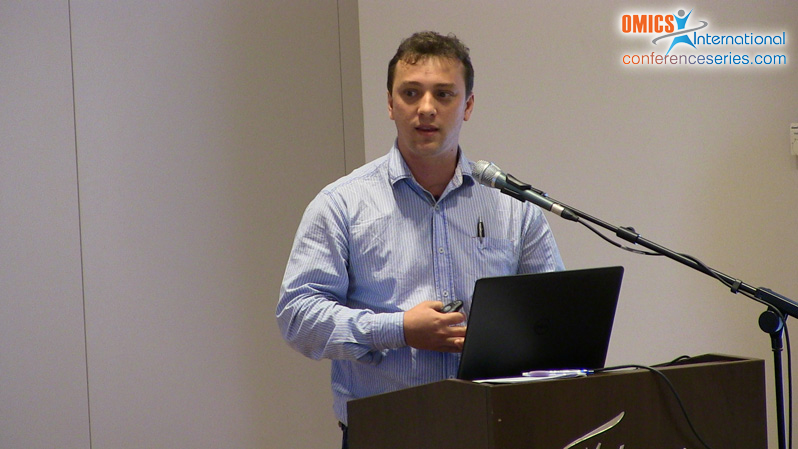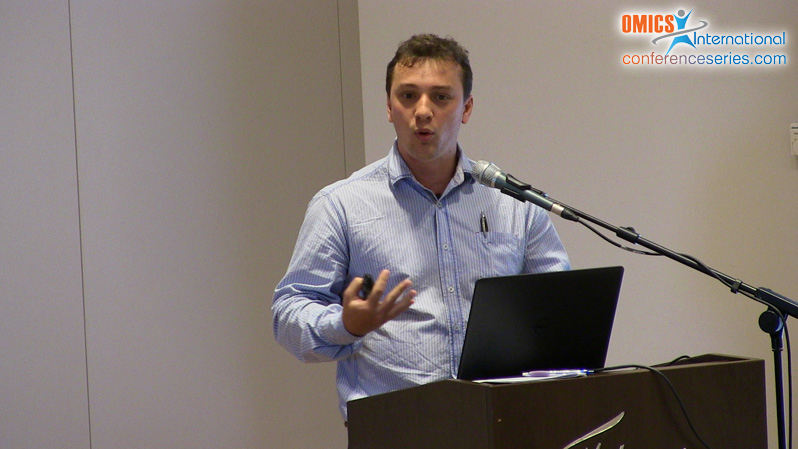
Reichelt W N
Vienna University of Technology, Austria
Title: Transient physiologic states: Friend or foe?
Biography
Biography: Reichelt W N
Abstract
Progressively expiring patent protection brings forward generic drug industry and heats up competition for the most efficient and robust bioprocesses. While competition is intensifying, the FDA quality by design (QbD) initiative for increased process understanding is increasing demands concerning bioprocess development. These circumstances cumulate to the necessity of comprehensive process understanding and consequently highly efficient bioprocess development routines. For bioprocess development, literature has comprehensively proven the feeding strategy an especially promising target. Having mastered the feedback control of physiological rates by the use of soft sensors, the subsequent step of biotechnological development could lead towards controlled transient changes of physiological parameters. Whereas the majority of the scientific community has chosen the specific growth rate (µ) as target control parameter, we have invested extensive work in the control of the specific substrate uptake rate (qs). Hereby, the qs control renders physiology accessible, substrate availability being upstream of physiological variables example µ. We want to test the hypothesis that dynamic process control as qs profiles in terms of ramps and oscillations constitute tools for efficient tweaking of physiology. By alternating the substrate availability in the reactor the physiologic state of E.coli shall be modulated between high metabolic load and recreational phases during induction. Focusing on product physiology interrelations, modeling and investigation of scale up effects is explicitly not in scope of our investigation. Hereby, we want to address specific questions as the impact frequency and amplitude for qs oscillation of on physiology as well slope and orientation of qs ramps. The amplitude of oscillation is of great interest can physiological limits be temporarily exceeded by granting periods of recovery? Whereas a high frequency of oscillation of the specific substrate uptake rate could be limited by technical constraints (example sampling capacities, error of measurement) a too long duration could fail to have any impact besides acetate formation.




